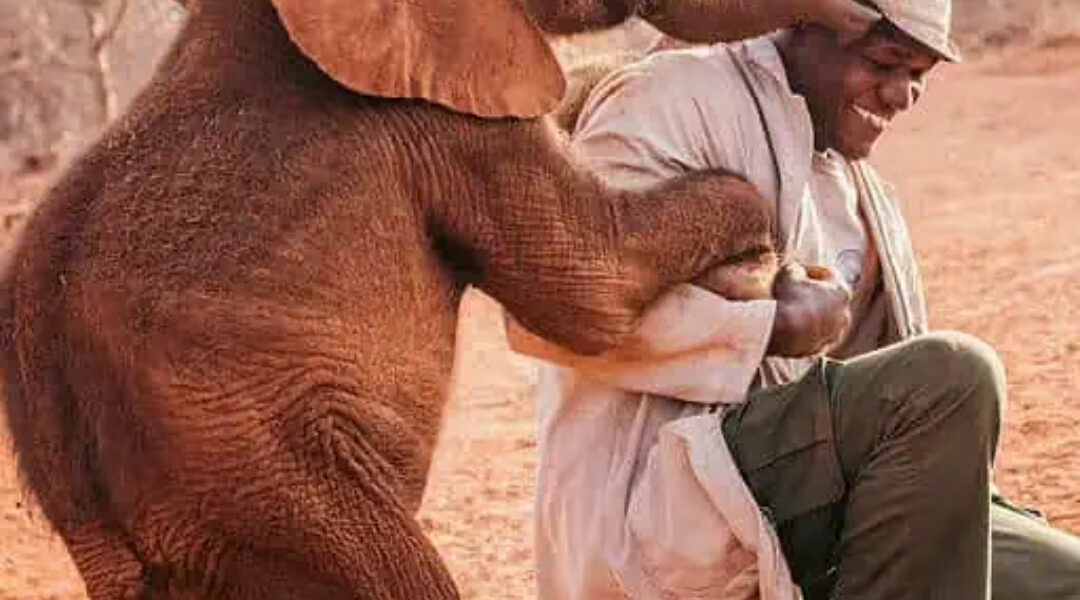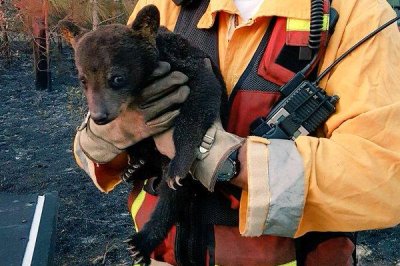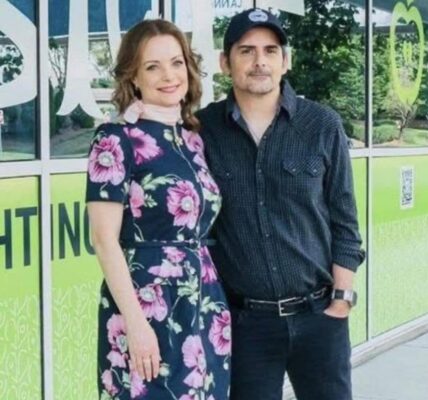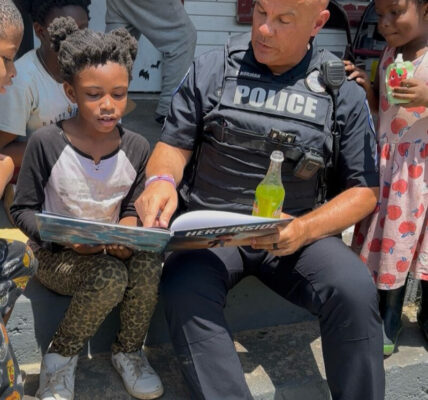The sun rises slowly over the African Savannah, spilling gold across the endless horizon. The earth breathes in silence — a symphony of rustling grass, distant birdcalls, and the low hum of awakening life. Herds move like shadows across the plains, and in the cool morning air, the story of love and survival begins again.
For centuries, this land has known both beauty and loss. Beneath the acacia trees, life and death dance in fragile harmony — and nowhere is that balance more tender than in the lives of the orphaned elephants who walk the savannah alone, searching for what was taken from them too soon.

They are the forgotten children of the wild — mothers lost to poachers, families scattered by drought and fire. Yet somehow, in their eyes, there remains something unbroken — a quiet hope that the world still holds kindness.
And that hope finds them.
A Hand Reaches Across the Wild
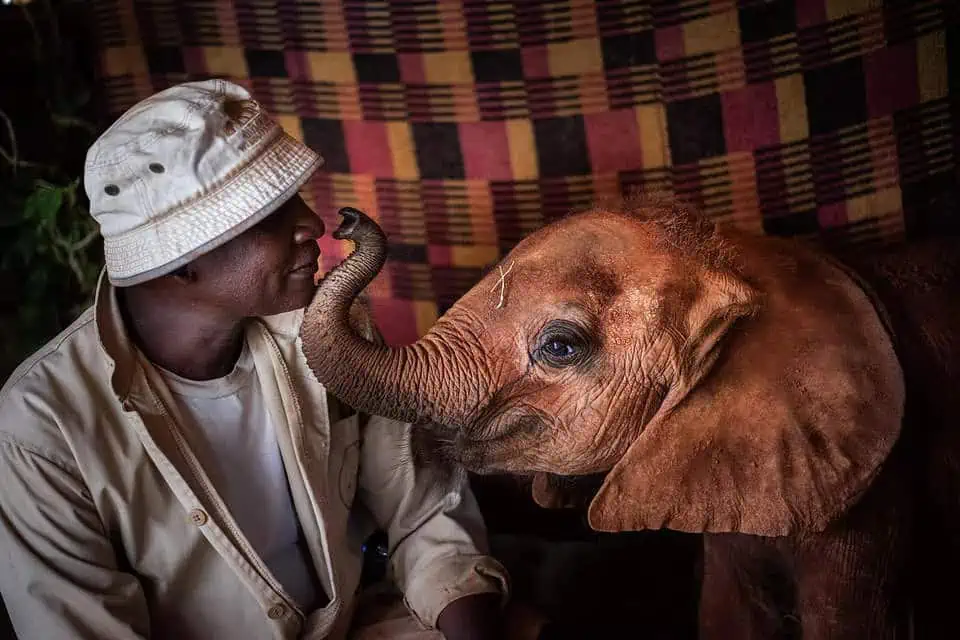
The men and women who care for these elephants call themselves keepers, but they are more than that. They are stand-in mothers, fathers, and guardians of souls too gentle for this harsh world.
When a rescue call comes — a calf found beside its fallen mother, or trapped in a dried riverbed — the team moves before dawn. They bring ropes, milk, blankets, and most of all, patience. Some calves fight in fear; others collapse in silence, too weak to cry. But every single one is lifted, carried, and brought to safety.
At the orphan units, the rhythm of healing begins. Each elephant is given a name — a promise that it matters. Some arrive so young they can barely stand, trembling with exhaustion. The keepers feed them every few hours, holding the bottles close so the calves can feel a heartbeat, a warmth, a hint of the love they lost.
And slowly, the orphans learn to trust again.

They follow their keepers through the open grasslands, tiny trunks curling around the men’s hands as they walk. They splash in muddy pools. They sleep in straw-lined stables, each with a blanket over its back, like a child tucked into bed. At night, when the wind moans across the plains, a keeper will hum softly — and somewhere in the dark, a baby elephant sighs in peace.
The Language of the Heart
There are no words between humans and elephants, yet something far deeper passes between them.
A calf named Moyo once refused to eat for days after being rescued. No milk, no comfort could reach her. Then one morning, a young keeper named Tendai sat beside her for hours, humming an old lullaby from his village. Slowly, the calf lifted her trunk, brushing his shoulder — the first sign of trust.
From that day forward, she followed him everywhere. When he walked, she walked. When he rested, she lay beside him. And when the time came for her to return to the wild, Tendai stood at the forest’s edge, tears streaming down his face as she disappeared into the trees.
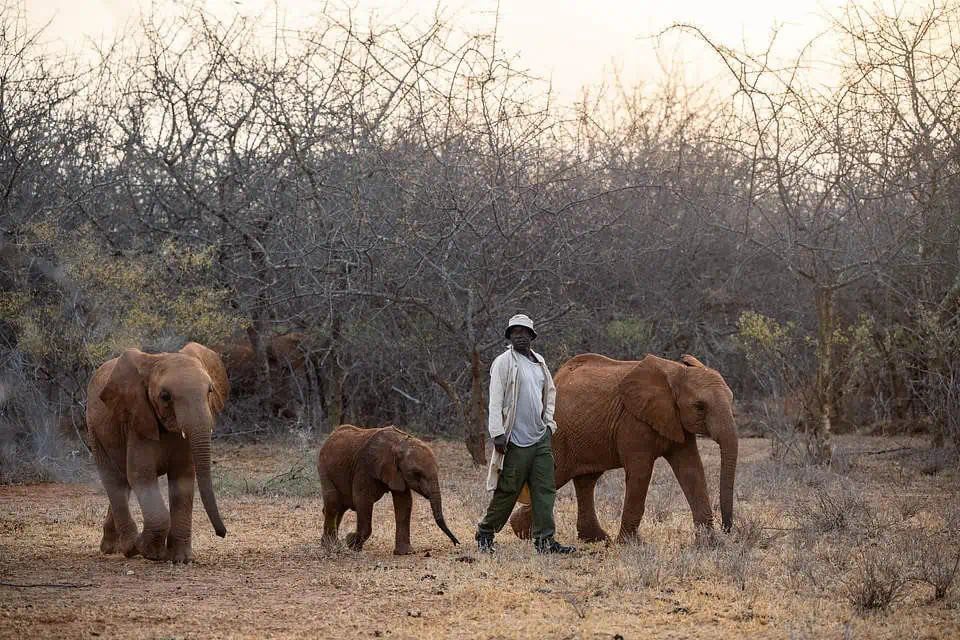
Years later, she returned — full-grown and free — with a calf of her own. She pressed her trunk gently to Tendai’s chest, the way she had when she was small. In that moment, there was no line between human and animal — only two souls who remembered each other’s kindness.
It is in moments like this that the spirit of the Savannah reveals itself — not in the roar of lions or the power of storms, but in the quiet, steady pulse of compassion that beats between all living things.
The Sacred Duty
To care for an orphan elephant is to believe in life after loss.
The keepers know that not all the calves survive. Some are too weak, too broken by grief. But even then, they are never left alone. “Every elephant deserves to be loved until its last breath,” one keeper says. “That is our promise.”
And for those who do survive, the world becomes new again.

When the orphans are old enough, they are gently reintroduced to the wild herds — guided by older elephants who once were orphans themselves. The reunion is almost spiritual. The herd gathers around, rumbling low, touching the newcomer with trunks, as if saying, you are one of us again.
From a distance, the keepers watch in silence — proud, heartbroken, and grateful. They know what they have given, and what they must let go.
The Legacy of the Savannah
As dusk falls, the savannah glows with the fire of the setting sun. Shadows lengthen, and the air hums with the songs of crickets. The orphanage quiets. Calves settle into their stables, nuzzling each other to sleep.
A keeper leans against the doorway, watching the horizon. “Every sunrise here is a lesson,” he murmurs. “That everything we love is temporary — and that’s why it’s sacred.”
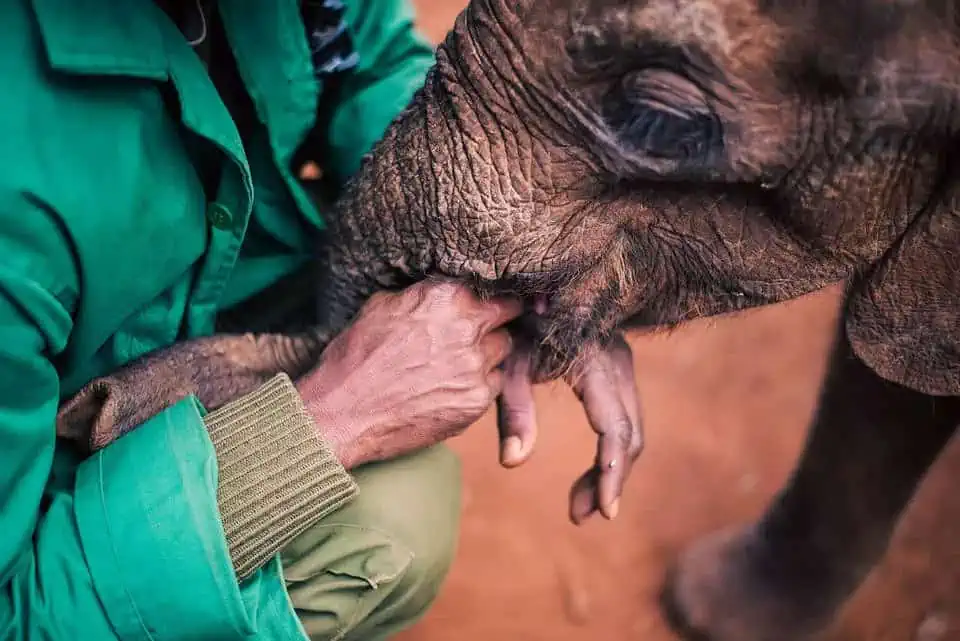
For those who devote their lives to this work, it is not just about saving elephants. It’s about preserving the delicate thread that ties humanity to the natural world. Each rescue, each healed calf, is a reminder that compassion is not a weakness — it is our truest strength.
They speak of the savannah as though it were alive — breathing, watching, listening. And perhaps it is. The wind carries the laughter of children, the trumpeting of elephants, and the whispered prayers of those who believe that kindness can change the course of the wild.
A New Dawn
In the soft light of morning, the keepers walk out once more — bottles of milk in hand, hearts open to another day of caretaking. The calves rush forward, trumpeting in delight, dust rising around their feet.
There are scars on the land, just as there are scars in the hearts of those who live here. But there is also hope — wild, stubborn, unbreakable hope.
Hope in the way a baby elephant learns to trust again.
Hope in the way a human kneels in the dust, whispering softly, “You’re safe now.”
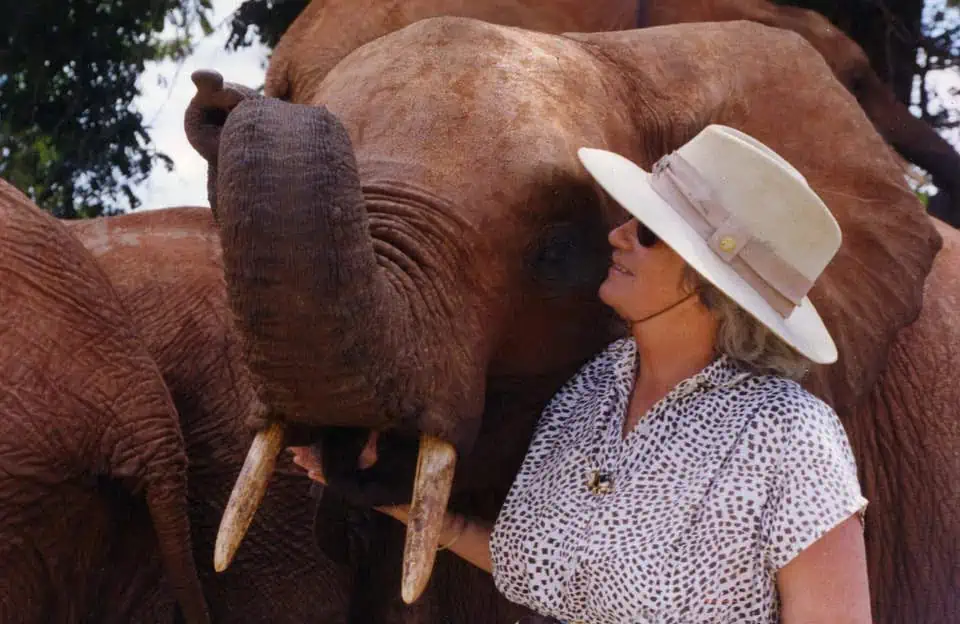
Hope in the endless circle of love that binds them both to this earth.
The story of the orphaned elephants is more than a story of survival. It is the story of us — of what it means to care, to grieve, to heal, and to begin again.
For in the vast silence of the African Savannah, where light meets shadow and loss meets love, we rediscover what it truly means to be human.
Epilogue

When asked why they devote their lives to this work, one rescuer answered simply:
“Because when we save an elephant, we save a piece of ourselves.”
And perhaps that is the truth of it.
The savannah does not forget those who love it.
It holds their footprints in its dust, their echoes in its wind.
And long after the sun sets beyond the acacia trees, the trumpeting of the elephants carries on — a song of gratitude, a hymn of endurance, a reminder that compassion is the most powerful force under heaven.
